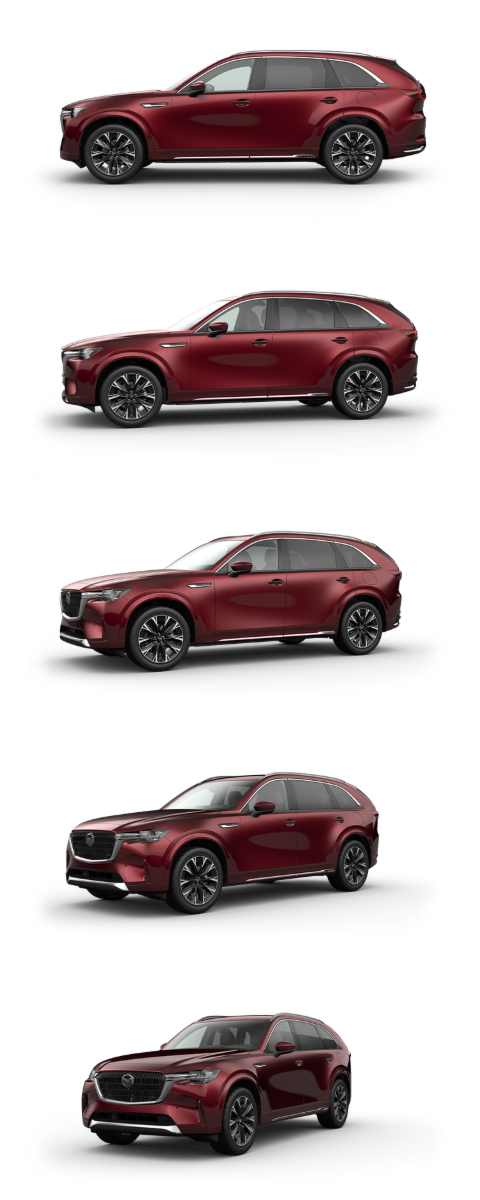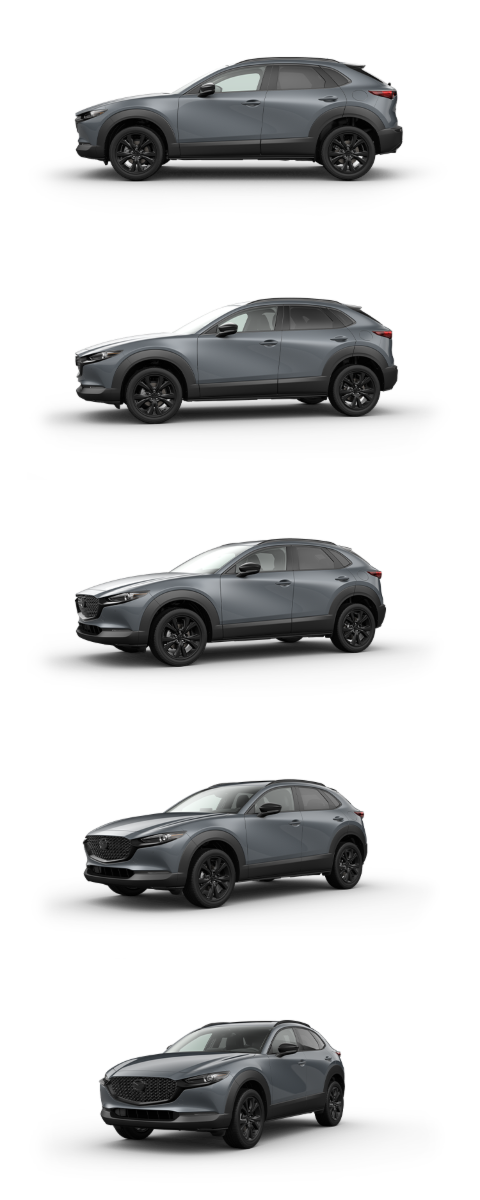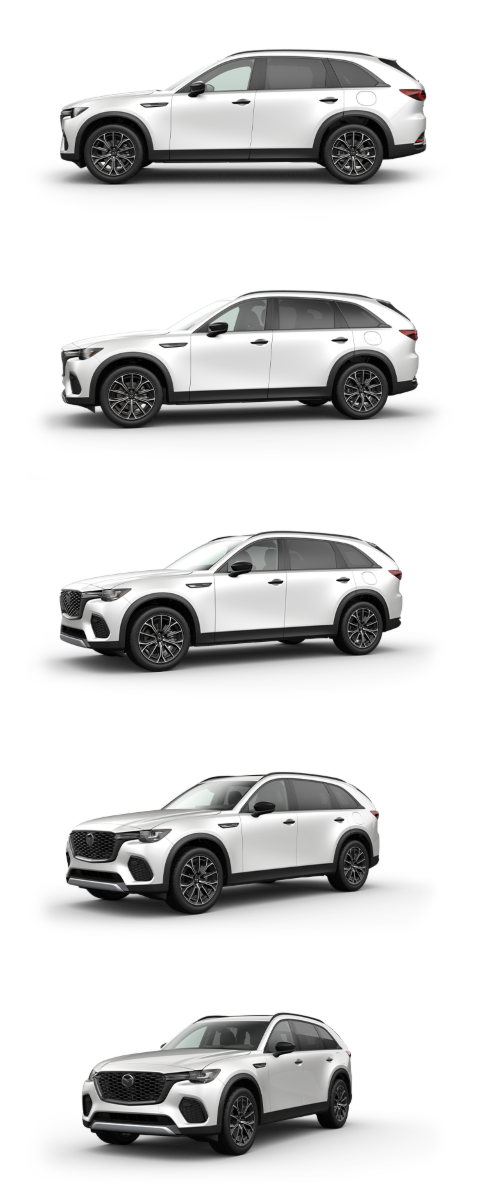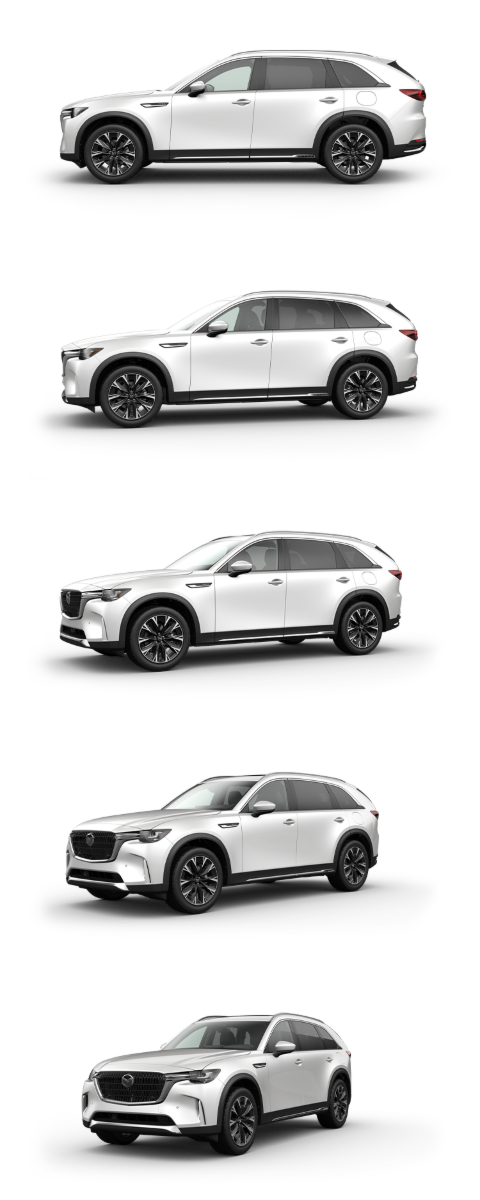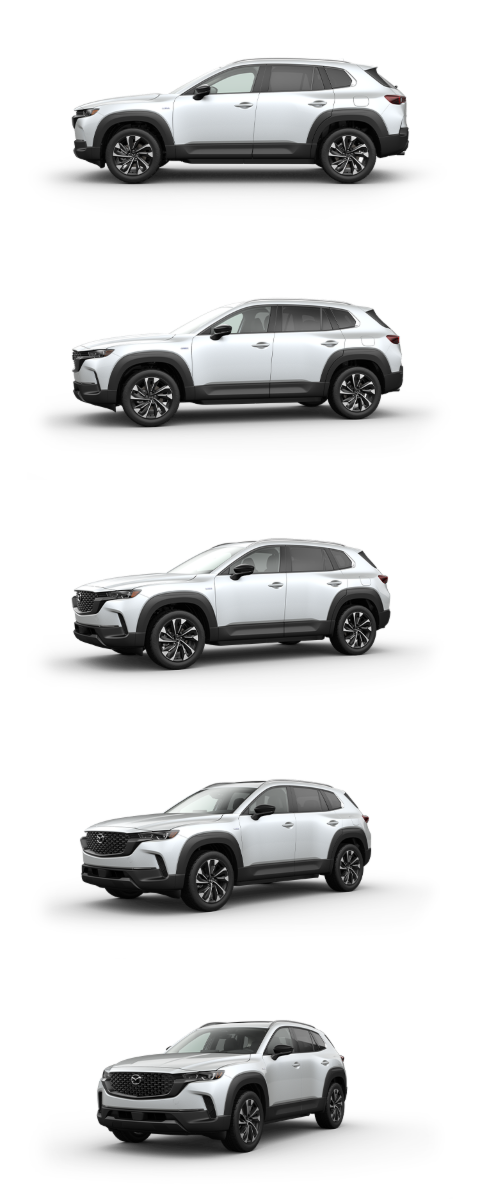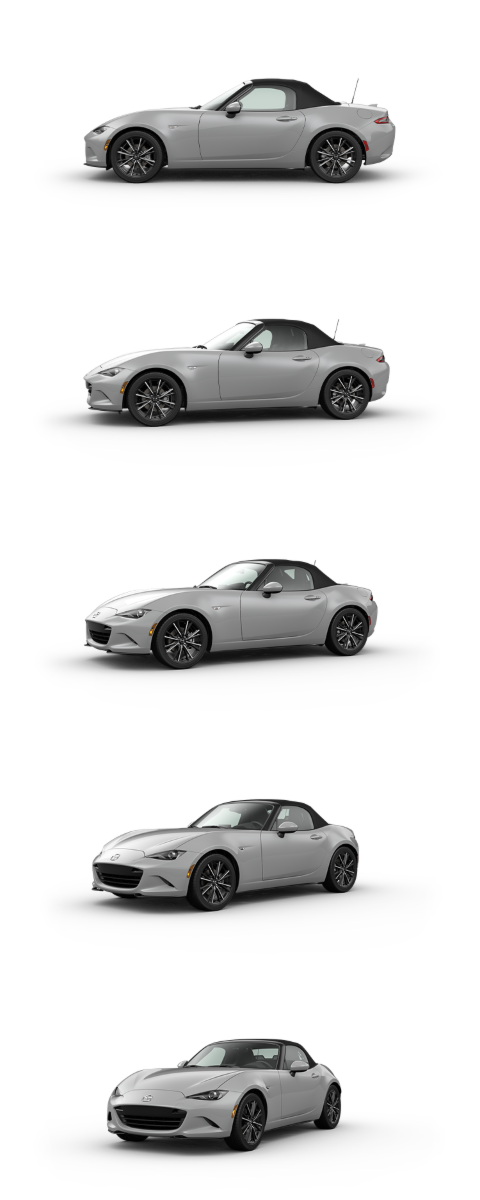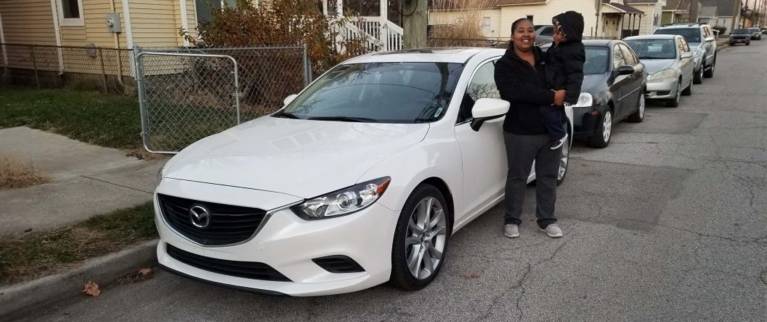How Long Do Hybrid Car Batteries Last?
Hybrid batteries typically last 100K–200K miles, with most warranties covering 100K miles, depending on usage and maintenance.
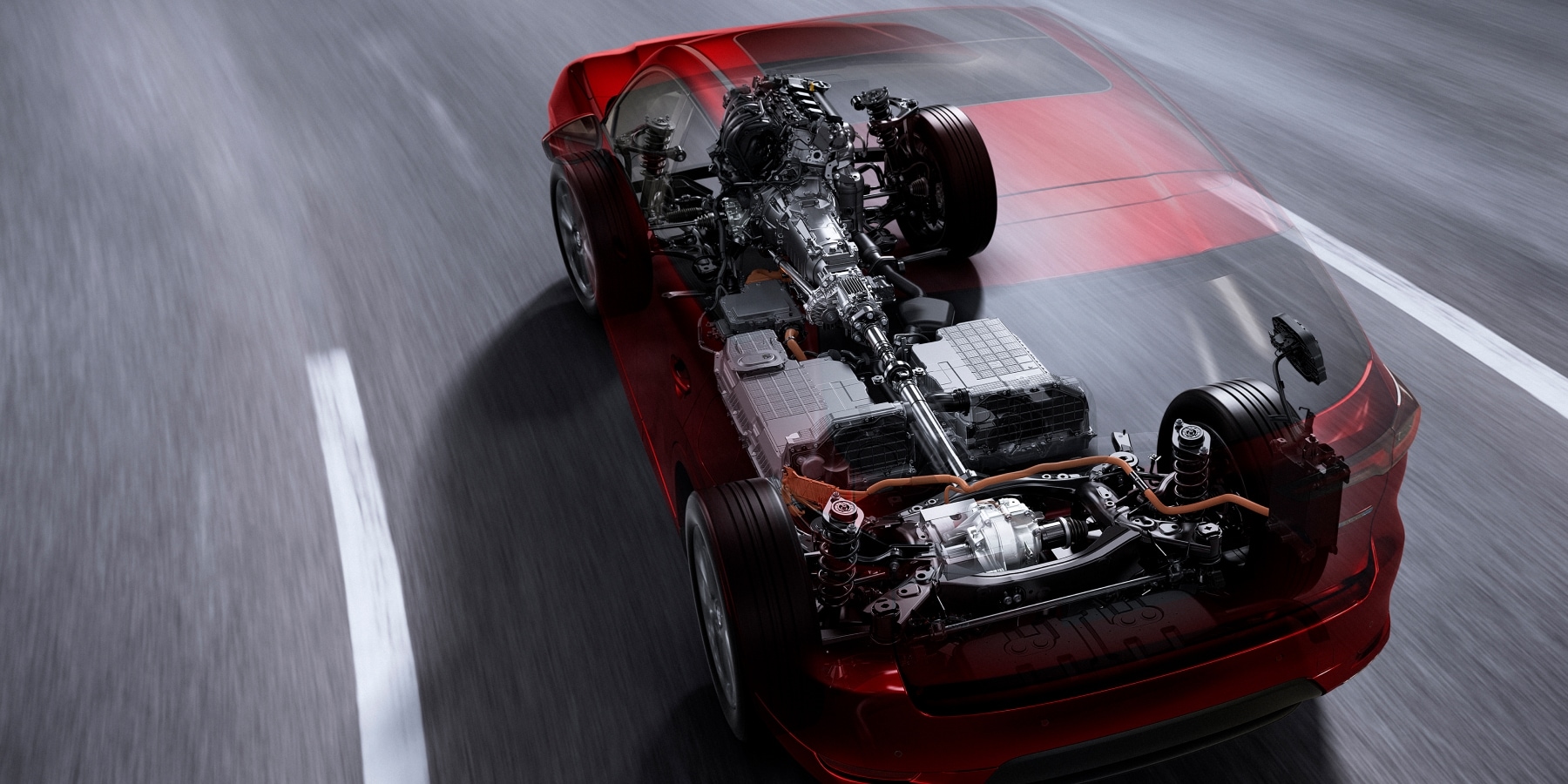
Since the introduction of government fuel economy ratings, there's been a disclaimer, now familiar to all: “Your mileage may vary.” The same rule applies to the lifespan of a hybrid’s high-voltage battery pack — and estimates are just that, estimates. Therefore, the simplest way to gauge the longevity of your hybrid battery is to check the vehicle’s warranty.
For most hybrids, the standard federal warranty covers the battery for 8 years or 100,000 miles. However, vehicles sold in California in 2026, which follows stricter emissions standards, come with a longer 10-year or 150,000-mile warranty. In general, hybrid batteries tend to last well within these limits, with anecdotal evidence claiming that many last anywhere from 100,000 to 200,000 miles. If the battery fails due to a defect (and not from an collision, flooding, or lack of maintenance), the cost of replacement is typically covered.
Taking care of the battery isn’t difficult for the conscientious car owner, and hybrids continue to be one of the most reliable vehicle types on the road.
Why don’t hybrid and EV batteries last forever?
All batteries, no matter the type — whether in your smartphone or the backup flashlight — naturally degrade over time. Right now, there’s no clear evidence showing that one battery chemistry (like nickel-metal hydride or lithium-ion) degrades faster than another.
The main cause of battery wear is internal degradation, which happens when electrode materials break down, electrolytes are lost, or the available active materials in the electrodes shrink. Keep in mind that hybrid battery packs are made up of many individual cells. If one cell has a poor connection, a manufacturing defect, or isn’t performing properly, the other cells have to work harder to make up for it. The battery pack can also suffer if there’s an issue with the control electronics. Additionally, battery packs perform best in stable, moderate temperatures as extreme heat can speed up degradation.
What can cause a hybrid battery to fail?
Hybrid battery packs typically wear out gradually, but there are a few reasons why they might fail earlier than expected:
• Physical damage: Just like any other part of your car, the battery pack can be damaged in an accident.
• Extreme temperatures: Both excessive heat and cold can affect the battery. Issues can arise from outside weather, blocked vents, or problems with the vehicle's temperature control system. Batteries work best within an optimal temperature range.
• Manufacturing defects: Some issues may show up early in the battery’s life, often within the first few years or miles.
• Improper storage: Hybrid batteries charge while the vehicle is being driven. If you're going on a long trip or leaving the car unused for a while, check your Owner’s Manual for proper vehicle storage instructions. And since the battery pack is charged only during driving, frequent very short trips (fractions of a mile) should be minimized.
• Neglecting service or warning lights: If your car detects a problem with the battery, it may alert you with a warning light. Ignoring these signals and failing to get the issue checked out could result in battery failure and might void your vehicle’s warranty.
By taking care of these factors, you can help extend the life of your hybrid battery.
Signs a hybrid battery is going bad
• Lower fuel economy: If the battery isn't performing as well, the gasoline engine will need to work harder, leading to decreased fuel efficiency.
• Different operating characteristics: If you notice that the gasoline engine kicks in earlier than usual, or if it’s louder and revs higher, it could be compensating for reduced battery output.
• Battery charge gauge fluctuations: If your battery's state of charge (SOC) indicator shows a lower charge than normal, or if it stays lower for longer, that may indicate subpar battery pack performance.
• Difficulty starting the engine: While hybrids have a conventional 12-volt battery, it’s the high-voltage battery that starts the engine. If the engine won’t start, it’s a strong indication something may be wrong with the hybrid battery.
• Warning lights: If the check engine light (or Malfunction Indicator Light) comes on, it’s potentially been triggered by a diagnostic code pointing to a problem with the battery or another system. Ignoring the light can lead to bigger issues, so it’s important to have it checked out.
How can you best maintain the health of your hybrid’s battery?
Your hybrid's electronic system is designed to get the most out of your battery, including managing how much charge is used. Here are some simple tips to help your battery last longer:
• Pay attention to warning lights or messages: If your car alerts you to an issue, don’t ignore it. Addressing a small problem now can prevent bigger (and more costly) issues later.
• Maintain a healthy charge: Avoid running the battery too low or letting it stay at a high charge for too long. While it’s tempting to drive slowly to help save gas, letting the engine recharge the battery is important to keep it within that optimal range.
• Avoid quick starts and hard stops: While your hybrid may give you great acceleration from a stop, frequent rapid takeoffs and hard braking can wear down the battery faster. Instead, try to accelerate smoothly and decelerate gently, which also allows more energy to be recovered through regenerative braking.
• Park in moderate temperatures: Whenever possible, avoid parking your car in extreme heat or cold, as these conditions can add stress to the battery.
Visit our article on charging best practices for more information.
More hybrid car battery longevity FAQs
For how long are hybrid batteries covered under warranty, generally?
Most hybrid batteries are covered for at least 8 years or 100,000 miles, but this can extend up to 10 years or 150,000 miles, depending on the vehicle manufacturer and where you bought your vehicle. If you have a solid service history, a dealer might be able to help you get an extended warranty.
How much does it cost to replace a battery in a hybrid car, generally?
The cost to replace a hybrid battery varies wildly depending on the type and brand of vehicle, but on average the replacement cost can range from $2,000 to $8,000. Since every brand and vehicle is different, if you’re concerned about this, it’s wise to ask the manufacturer and a dealership parts department before you purchase your vehicle.
How often do you need to replace a battery in a hybrid car, generally?
The need for hybrid battery replacement is rare. For most drivers, it might never happen, especially if they don’t keep their car past the warranty period. For high-mileage drivers, you might only need to replace the battery once or twice over the car’s life. Problems can happen, but the warranty is there to protect you in case they do.
What to know about owning a Mazda hybrid vehicle
The Mazda CX-50 Hybrid battery pack is covered by an 8-year or 100,000-mile warranty, whichever comes first. For the Mazda CX-70 PHEV and CX-90 PHEV, the lithium-ion battery packs are covered by two warranties: a High Voltage Battery Limited Warranty and a High Voltage Battery Capacity Limited Warranty, both lasting 8 years or 100,000 miles, whichever happens first. These warranties are in addition to the standard 3-year/36,000-mile new vehicle coverage. Talk to your Mazda Dealer about Limited Warranty details. If you have an extended warranty, coverage for the high-voltage battery will depend on the specifics of that warranty.
Mazda: Drive with confidence
Visit your local Mazda Dealer to test-drive any vehicle in our hybrid lineup and experience the difference in performance, comfort, and efficiency for yourself.
This article is intended for general informational purposes only and is based on the latest competitive information available at the time of posting. Information herein is subject to change without notice and without Mazda incurring any obligations. Please review a variety of resources prior to making a purchasing decision. Visit Resource Center for more articles.


